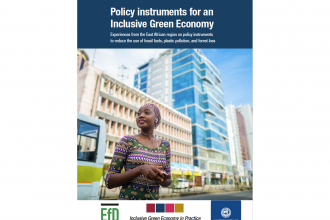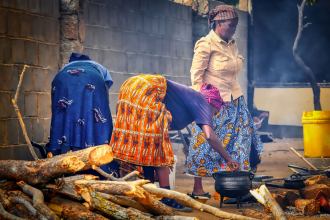The impact of monetary policy on a labor market with heterogeneous workers: The case of Chile
We use a factor-augmented vector autoregressive (FAVAR) model to analyze the effect of a contractionary monetary policy shock on macroeconomic aggregates and labor market indicators for different demographic groups in Chile classified by industry, age, and income quintile. Inflation is negatively correlated with unemployment across groups. The model shows that most groups’ job-separation rate and wage volatility increase after an interest rate rise. The response of the job-finding rate is mixed, decreasing in some groups and rising in others after an interest rate shock.


